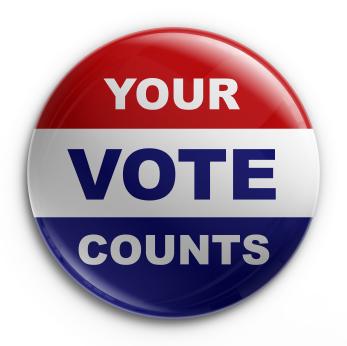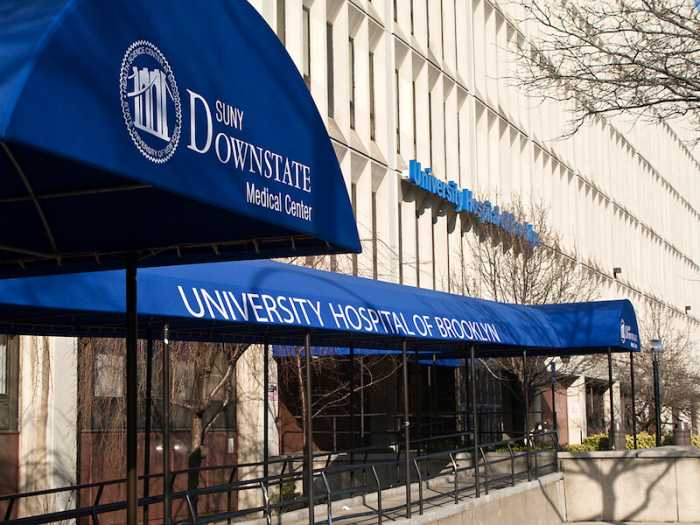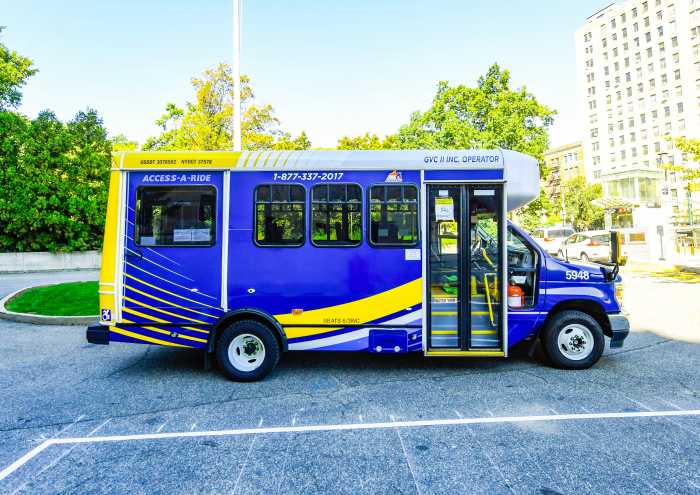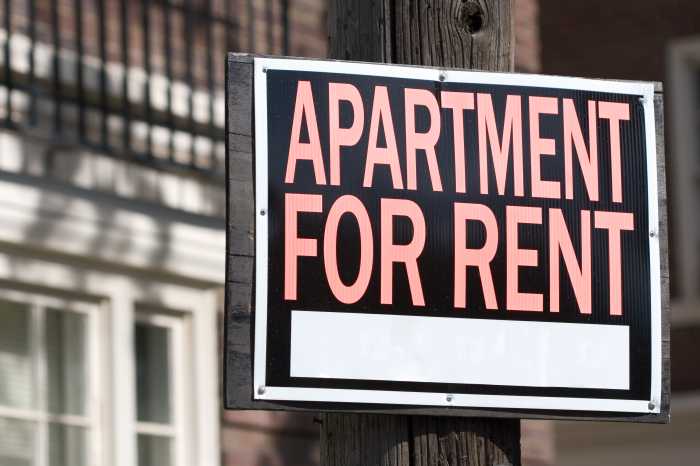 BY PAUL SCHINDLER | The latest dispiriting turn in a toxic presidential campaign has been Republican Donald Trump’s insistence that the results on November 8 may be fatally undermined by widespread voter fraud. He first warned of this peril in late summer when post-convention polls showed Hillary Clinton building a comfortable lead. Telling a small town crowd he was confident of winning Pennsylvania, he said the only thing that would prevent that would be shenanigans “elsewhere” in the state. With Clinton’s polling lead now more imposing, Trump is being more specific – and divisive – in his rhetoric.
BY PAUL SCHINDLER | The latest dispiriting turn in a toxic presidential campaign has been Republican Donald Trump’s insistence that the results on November 8 may be fatally undermined by widespread voter fraud. He first warned of this peril in late summer when post-convention polls showed Hillary Clinton building a comfortable lead. Telling a small town crowd he was confident of winning Pennsylvania, he said the only thing that would prevent that would be shenanigans “elsewhere” in the state. With Clinton’s polling lead now more imposing, Trump is being more specific – and divisive – in his rhetoric.
“Watch Philadelphia,” he said this week. “Watch St. Louis. Watch Chicago, watch Chicago. Watch so many other places.”
Given Trump’s repeated habit of making racially, ethnically, and religiously tinged voter appeals, few observers failed to note that the cities he mentioned have significant African-American populations – with Philadelphia 44 percent black, St. Louis 47 percent black, and Chicago 32 percent black.
The candidate, while willing to warn about specific cities, offered no evidence to back up his claims. About Philadelphia, for example, he simply said, darkly, “I hear these horror shows and we have to make sure that this election is not stolen from us and is not taken away from us. And everybody knows what I’m talking about.”
EXPRESS OURSELVES
President Obama, noting the unprecedented nature of a candidate complaining about fraud even before the election, told Trump to “quit whining,” and Republicans, on the national stage and in state governments around the country, have rejected the GOP nominee’s claim that voter fraud is either common or likely. It’s telling that most of the key swing states this year – including Florida, Ohio, North Carolina, Iowa, Nevada, and Arizona – have Republican governors. Surely, Trump is not worried that his own party is in on a conspiracy to seal his defeat.
Trump’s stirring the pot about voter fraud doesn’t arise out of nowhere. Over the past couple of decades, Republicans have repeatedly used the risk of fraud to justify tougher voter ID laws, which not coincidentally tend to make it harder for poor people – many of them people of color – to vote. On more than one occasion – such as with Pennsylvania State Treasurer Mike Turzai in 2012 – Republicans have been caught admitting the laws are tailored to depress Democratic voter rolls.
As the voter fraud debate has raged, study after study has confirmed that voter fraud essentially never happens in modern American elections – something, of course, at odds with popular notions shaped by tales of Chicago Mayor Richard Daley delivering the presidency to John F. Kennedy in 1960.
The Justice Department, under President George W. Bush, spent five years focused on the issue, and came up with just 86 convictions, largely due to incorrectly filed voter registrations and misunderstandings about voter eligibility. A 2013 study by political scientists at the University of Wisconsin found “no evidence of fraudulent vote casting or vote buying, even in the states most contested in the presidential campaign.” And, in the most exhaustive examination, Loyola Law School (Los Angeles) professor Justin Levitt concluded that out of one billion ballots cast, only 31 credible cases of voter fraud could be confirmed.
None of this should be surprising. American elections are highly decentralized, with voters visiting neighborhood precincts. Organizing voter fraud across this diffuse system would require an elaborate conspiracy easy to detect, while penalties for voters participating – for no personal gain, by the way – would be great.
Trump may be talking out of his hat, but the consequences could be severe. Urging his supporters to monitor polling places – particularly in urban neighborhoods – invites voter intimidation with disturbing racial implications. Beyond November 8, his rhetoric could also delegitimize both Hillary Clinton, should she become president (a goal Trump pursued relentlessly regarding Obama through his “birther” nonsense), and our democratic institutions generally.
American democracy is not upheld at the point of a bayonet. Our institutions largely endure through voluntary consensus by the people. Calling into question the cornerstone of our democracy – our right to have our vote counted – without any evidence to the contrary can only erode the trust needed to sustain faith in our nation. It is irresponsible, and it is as wrong as any political posturing can be.































